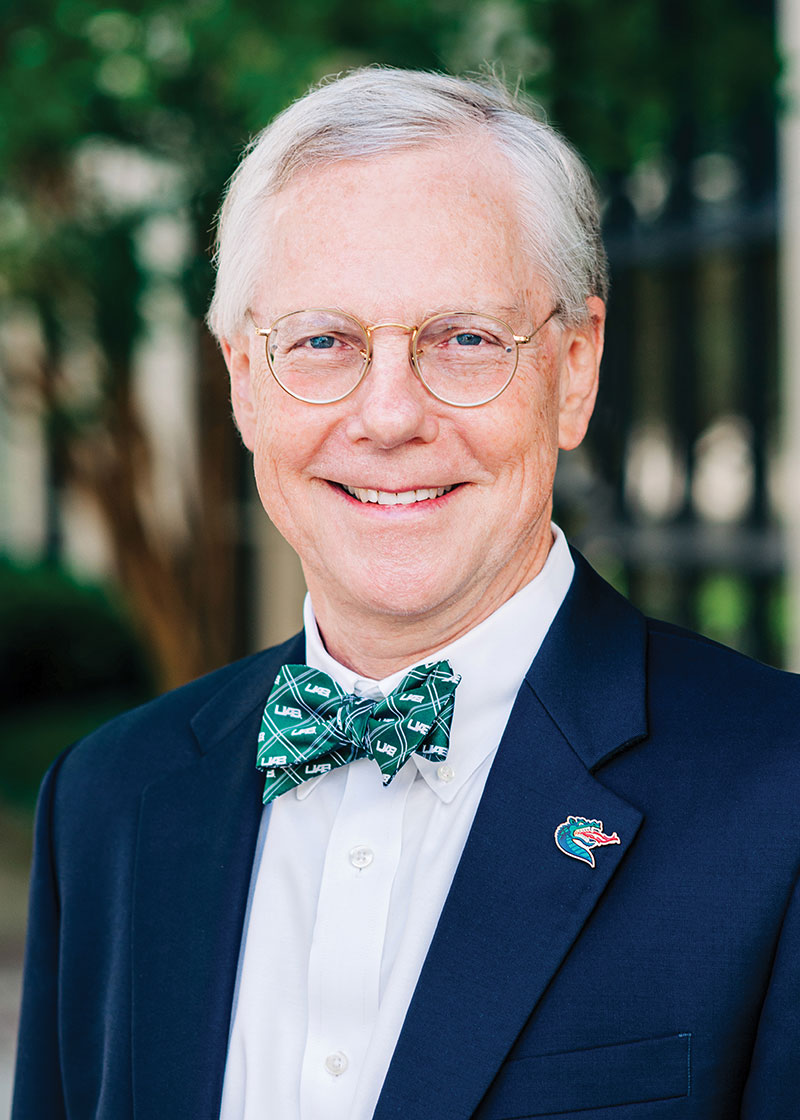
Schools of public health were established to develop leaders and scientists who could bring academic rigor to the discipline of "assuring conditions in which people can be healthy." Once the major challenges related to sanitation and clean water, vaccine-preventable diseases, and other communicable diseases were identified (although never fully solved!) public health as an academic discipline began to examine the larger issues of where and how we live, work, and play, and the influence these have on whether families, communities, and populations can live healthy lives.
The great challenges before us now are understanding the root causes — known as social determinants of health — that shape our capacity as individuals, families, communities, and populations to become and remain healthy. These social determinants of health include housing, job opportunities, transportation systems, access to healthy foods, educational systems, and structural racism. We are just beginning to grasp how these determinants impact, and are impacted by, our environment, which in turn affects gene expression and individual susceptibilities to both communicable and non-communicable diseases. Connecting this understanding to the impacts of climate change on human health is a commitment the school is making through a new school-level faculty hiring initiative.
Our school engages with local leaders in Birmingham to address homicide as a public health crisis, supports community efforts to address the decades-long environmental injustices related to environmental contamination in north Birmingham, works with communities in the Black Belt of rural Alabama to understand the disparities in the development of hypertension, and develops novel methods of stemming the HIV/AIDS epidemic in Sub-Saharan Africa. Throughout the COVID-19 pandemic, public health leaders from our school provided expert guidance to the University of Alabama System and UAB regarding COVID-19 related policies and procedures. As during COVID, we engage in regular consultations and work with the Jefferson County Department of Health in Birmingham, as well as with the Alabama Department of Public Health, promoting the collaboration between public health academia and public health practice.
Opportunities abound for students to explore connections between public health and other academic disciplines across the UAB campus. We offer practical and meaningful internship experiences through partnerships with state and local governmental agencies, local businesses and industry, and a global network of governmental and non-governmental organizations. Students have opportunities to apply what they are learning in the classroom to the real challenges communities face, in disadvantaged communities in Birmingham, the rural Black Belt, and across the globe. Students in the UAB School of Public Health have life-changing opportunities to BE SOMEBODY and MAKE A DIFFERENCE! Come join us!
Paul C. Erwin, MD, DrPH, Dean
Ryals Public Health Building (RPHB) 608